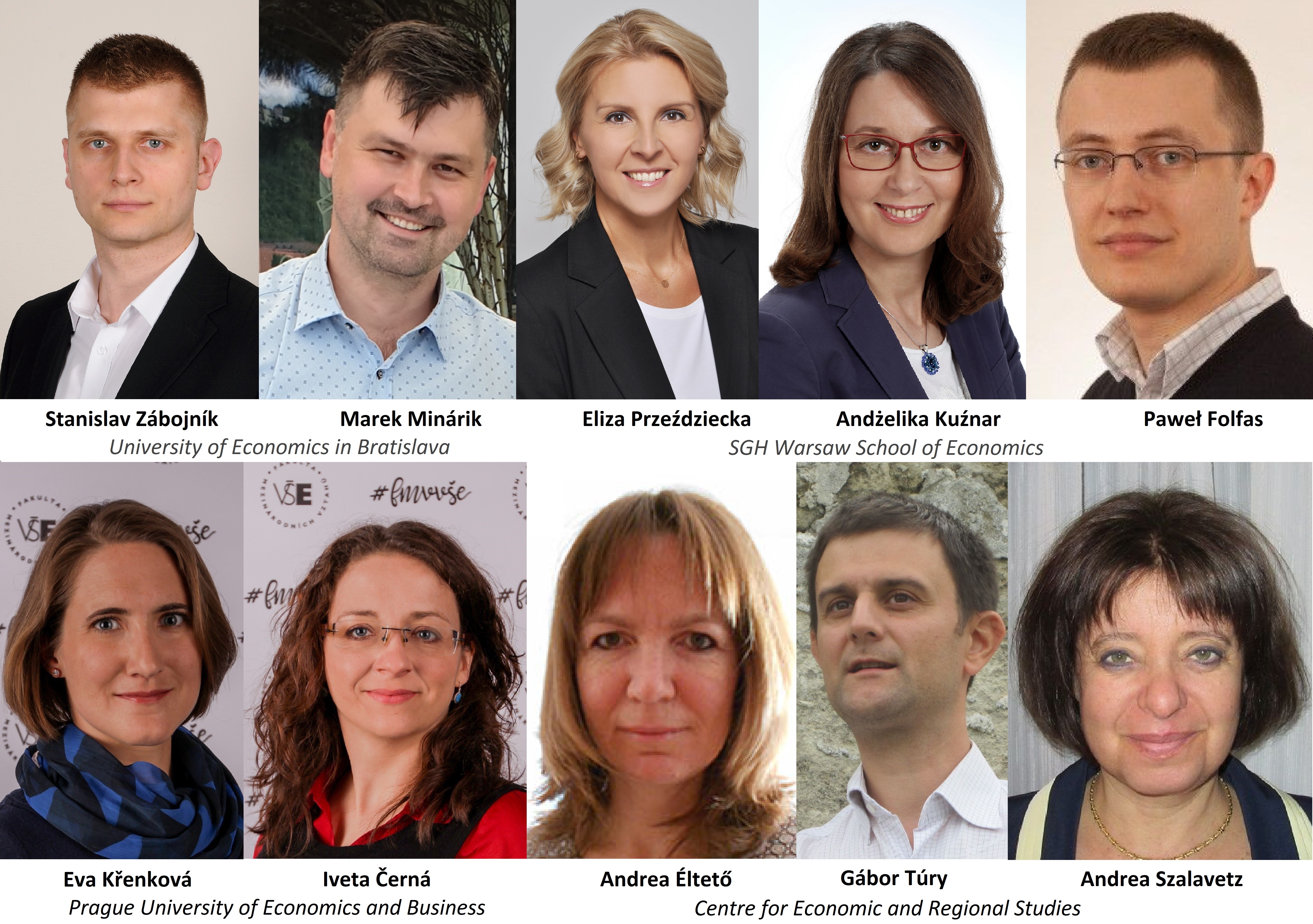About the project
What We Do
Cras nisl justo, ornare in aliquet in, fringilla ut massa. Donec dapibus, nunc ut laoreet tincidunt, eros enim egestas mauris, sed condimentum orci orci ut sem. Etiam ipsum tortor, fermentum tristique tempor sed, dapibus nec neque.
![]() Praesento inamara posuere felis.Lorem ipsum dolor sitom amet, consectetur. Lorem ipsum dolor sitom amet, consectetur deron adipiscing elit est augue, vitaem ipsum dolor sitom amet.
Praesento inamara posuere felis.Lorem ipsum dolor sitom amet, consectetur. Lorem ipsum dolor sitom amet, consectetur deron adipiscing elit est augue, vitaem ipsum dolor sitom amet.
![]() Praesento inamara posuere felis.Lorem ipsum dolor sitom amet, consectetur. Lorem ipsum dolor sitom amet, consectetur deron adipiscing elit est augue, vitaem ipsum dolor sitom amet.
Praesento inamara posuere felis.Lorem ipsum dolor sitom amet, consectetur. Lorem ipsum dolor sitom amet, consectetur deron adipiscing elit est augue, vitaem ipsum dolor sitom amet.
![]() Praesento inamara posuere felis.Lorem ipsum dolor sitom amet, consectetur. Lorem ipsum dolor sitom amet, consectetur deron adipiscing elit est augue, vitaem ipsum dolor sitom amet.
Praesento inamara posuere felis.Lorem ipsum dolor sitom amet, consectetur. Lorem ipsum dolor sitom amet, consectetur deron adipiscing elit est augue, vitaem ipsum dolor sitom amet.
Our Services
Maecenas sit amet tincidunt elit. Pellentesque habitant morbi tristique senectus et netus et malesuada fames ac turpis egestas. Nulla facilisi. Nulla facilisi. Pellentesque habitant morbi tristique senectus et netus et malesuada fames ac turpis egestas
- Class aptent taciti sociosqu ad litora torquent per conubia nostra
- Sed ut perspiciatis unde omnis istes err sit voluptatem accusantium
- Totam rem aperiam, eaque ipsa uae ab illo inventore veritatis et quasi
- Aliquam ac egestas dui. Vestibulum quis magna eu elit mollis cursus vel
- Mauris consectetur, elit ac faucibus commodo, ante dolor consectetur liber
Project time frame
Project time frame
- The first initiative to cooperate came on April 9th, 2020, from Warsaw, Poland and within few days, we managed to put together a team a highly interested researchers who immediately started to define the most important and recent problems in Central European Countries related to GVCs. Parallelly, the research team was extended to the final team.
- In June 2020, we conducted a research among bachelor, master and doctoral students to map the students´ knowledge and experience of the international trade measurement by value-added and to learn about their interests in this topic.
- In October 2020, the project application was submitted and on December 16th, supported projects were announced. https://www.visegradfund.org/news/results-october-2020-visegrad-grants-residencies-call/
- In January 2021, we launched the project website and registration to the first events was opened.
- The project´s activities are scheduled until June 30, 2022.
Project description
GVCs in Central Europe – a perspective of automotive sector after COVID-19
(Project ID #/Title: 22030183)
The V4 countries are highly integrated within global value chains (GVCs); their backward participation decisively exceeds the forward one. They are mostly involved in activities generating low value added and faced with long-term stagnation in creating value. This especially concerns automotive industries. In order to alter the current status quo and gain benefits from participation in GVCs, it is necessary for the V4 to foster innovation abilities and stabilize business climate. The outbreak of COVID-19 posed both threats (disruption in production processes, demand shocks) and opportunities (re-definition of MNEs policies on FDI localization) that need to be investigated. Moreover, results of previous studies should be revised. We intend to answer the following questions:
- To what extent do V4 companies participate in the automotive GVCs?
- What are the likely impacts of COVID-19 on GVC participation of V4 businesses (i.a. SMEs)?
- How to improve the position of national SMEs in automotive GVCs?
International trade in post COVID-19 era will probably have to face some unique deglobalization effects of the previous GVCs expansion. UNCTAD (2020) stresses strengthened regional value chains as a priority to mitigate the consequences of pandemic and deglobalization effects. The project added value lies in the identification of the foreign trade performance, based on both, quantitative and qualitative analysis, using the added value principle of exports (TiVA) at the industry level (automotive industry). The said industry turns out to be seriously affected by the COVID-19 pandemic. Not only does our project bring the scientific results confronting the research at a more general level (EU, Eurozone etc.) using the recent data and trends, but it also shares the success stories and lessons learnt from neighbouring countries with similar structures of economy regarding the improvement in GVC participation. Reflecting the sources of higher value added creation, this would be helpful for enterprises, business associations and policy makers to absorb best practices from partner V4 countries. Furthermore, we intend to internationalize the results within education processes at the universities through guest lectures, a set of thematic case studies as well as creation of a new scientific network.





